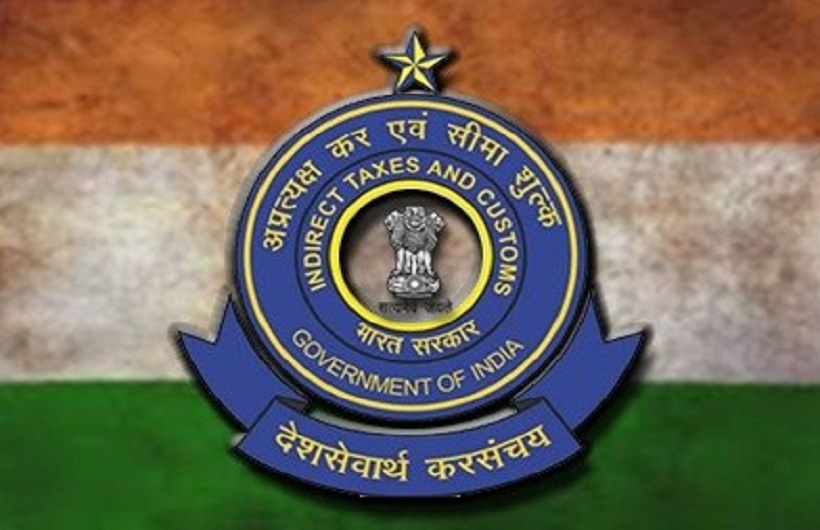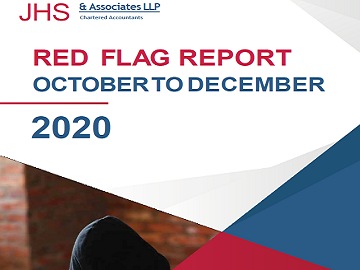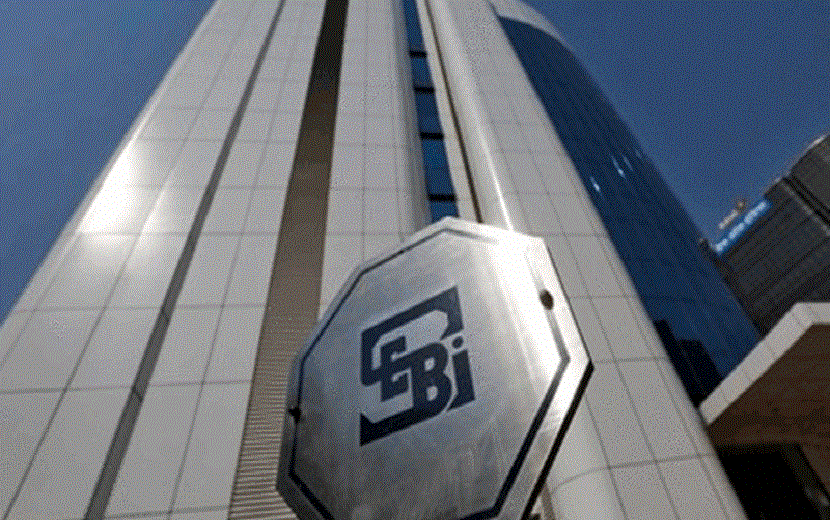Reference: Central Board of Direct Taxes
Update:
Reporting and Identification of Phishing, Fraudulent Refund E-mail Scams and Fake Income Tax Web Sites: Income tax department has warned taxpayer about the fake Refund SMS and issued guidelines on reporting and identifying phishing emails and fake income tax websites.
Implication:
Taxpayers are advised to be careful handling fake refund SMS.
Update:
Govt. notifies new Depreciation Rates of 30% & 45% on vehicles purchased between 23-08-2019 to 31-03-2020:
CBDT has notified new depreciation rates of 30% and 45 on vehicles purchased between 23.08.2019 to 31.03.2020. The rates of 15% is applicable on Motor cars, other than those used in a business of running them on hire, acquired or put to use on or after the 1st day of April, 1990 except those covered under entry
The rate of 30% on motor cars (other than those used in a business of running them on hire) & 45% on Motor buses, motor lorries and motor taxis used in a business of running them on hire. Such vehicles should have been acquired on or after 23-08-2019 but before 01-04-2020 and are put to use before the 01-04-2020.
Implication:
It is also applicable on Motor buses, motor lorries and motor taxis used in a business of running them on hire other than those covered under entry (b).
Update:
HC sets-aside sale of property attached 22 years ago for recovery of tax dues
Where immovable properties of deceased assessee were attached in year 1997 for recovery of tax dues, sale proclamation of said properties made in February 2019, was hit by period of limitation prescribed under Rule 69B of Second Schedule and, thus, proclamation so made deserved to be quashed.
Update:
CBDT sets-up National e-Assessment Centre [NeAC] headquartered at Delhi:
CBDT has set up National e assessment Center having headquarters at Delhi for Assessing tax returns electronically without any physical contact between taxpayers and officials.
Implication:
This will reduce human discretion in assessment and scrutiny, which in turn eliminate possibility of corruption
Reference: Central Board of Indirect Taxes and Customs
Update:
GST not leviable on services provided by Court Receiver
Bai Mamubai Trust v. Suchitra – [2019] 109 taxmann.com 300 (Bombay)
The issue to determine the applicability of GST on services or assistance rendered by the Court Receiver appointed by the Court under Order XL of Code of Civil Procedure (CPC) was raised before the High Court of Bombay.
The Honorable Court observed that as per Schedule III of the CGST Act, 2017 services by any court or tribunal established under any law is neither a supply of goods nor supply of services. Rules given under Order XL of the CPC prescribe the manner of functioning of the office of the Court Receiver. It states that the Court Receiver should implement orders of the court and functions under the supervision and direction of the Court. Hence, office of the Court Receiver is an establishment of the High Court through which the orders issued by the Court are given effect to.
Therefore, the services of the Court Receiver are to be considered as services provided by any Court which is treated as neither a supply of goods nor supply of services. Accordingly, the fees or charges paid to the Court Receiver are not liable to GST.
Implication:
Services by any court or tribunal established under any law are neither a supply of goods nor supply of services. Hence GST cannot be levied on services provided by the court receiver.
Reference: Reserve Bank of India
Update:
Directions to Punjab and Maharashtra Cooperative Bank Limited, Mumbai, Maharashtra:
RBI vide Directive dated September 23, 2019 has placed the Punjab and Maharashtra Cooperative Bank Limited, Mumbai, Maharashtra, under Directions. As per Directions, depositors will not be allowed to withdraw more than Rs. 1,000 of the total balance in every savings bank account or current account or any other deposit account by whatever name called except as notified in the RBI directions
Punjab and Maharashtra Cooperative Bank Limited will also not be able to grant or renew any loans and advances, make any investment, incur any liability including borrowal of funds and acceptance of fresh deposits, disburse or agree to disburse any payment whether in discharge of its liabilities and obligations or otherwise, enter into any compromise or arrangement and sell, transfer or otherwise dispose of any of its properties or assets without prior approval in writing from the Reserve Bank, except as notified in the RBI directions.
Implication:
The Directions shall remain in force for a period of six months from the close of business of the bank on September 23, 2019. The issue of the directions by the Reserve Bank should not, per se, be construed as cancellation of banking licence by the Reserve Bank.
Reference: Securities and Exchange board of India
Update:
SEBI imposes penalties of Rs 22.7 crore on Aurobindo Pharma, promoters on insider trading charges:
SEBI on September 23 imposed penalties of Rs 22.7 crore on Aurobindo Pharma and its promoters for violation of provisions of insider trading in relation to a licensing deal it had entered with Pfizer in 2009.
SEBI imposed Rs 5 crore penalty on PV Ramaprasad Reddy, Rs 2 crore on his wife P Suneela Rani, Rs 10 lakh on Kambam P Reddy, Rs 6 crore on Trident Chemphar, Rs 10 lakh on Veritaz Health Care, Rs 7.5 crore on Top Class Capital Markets under Section 15G of SEBI Act, and Rs 2 crore on Aurobindo Pharma under Section 23E of Securities Contracts (Regulation) Act and Section 15HB of SEBI Act, according to SEBI’s adjudicating order.
Implication:
The penalty is payable by noticee mentioned in the order and it shall be payable within 45 days of the receipt of the order.













